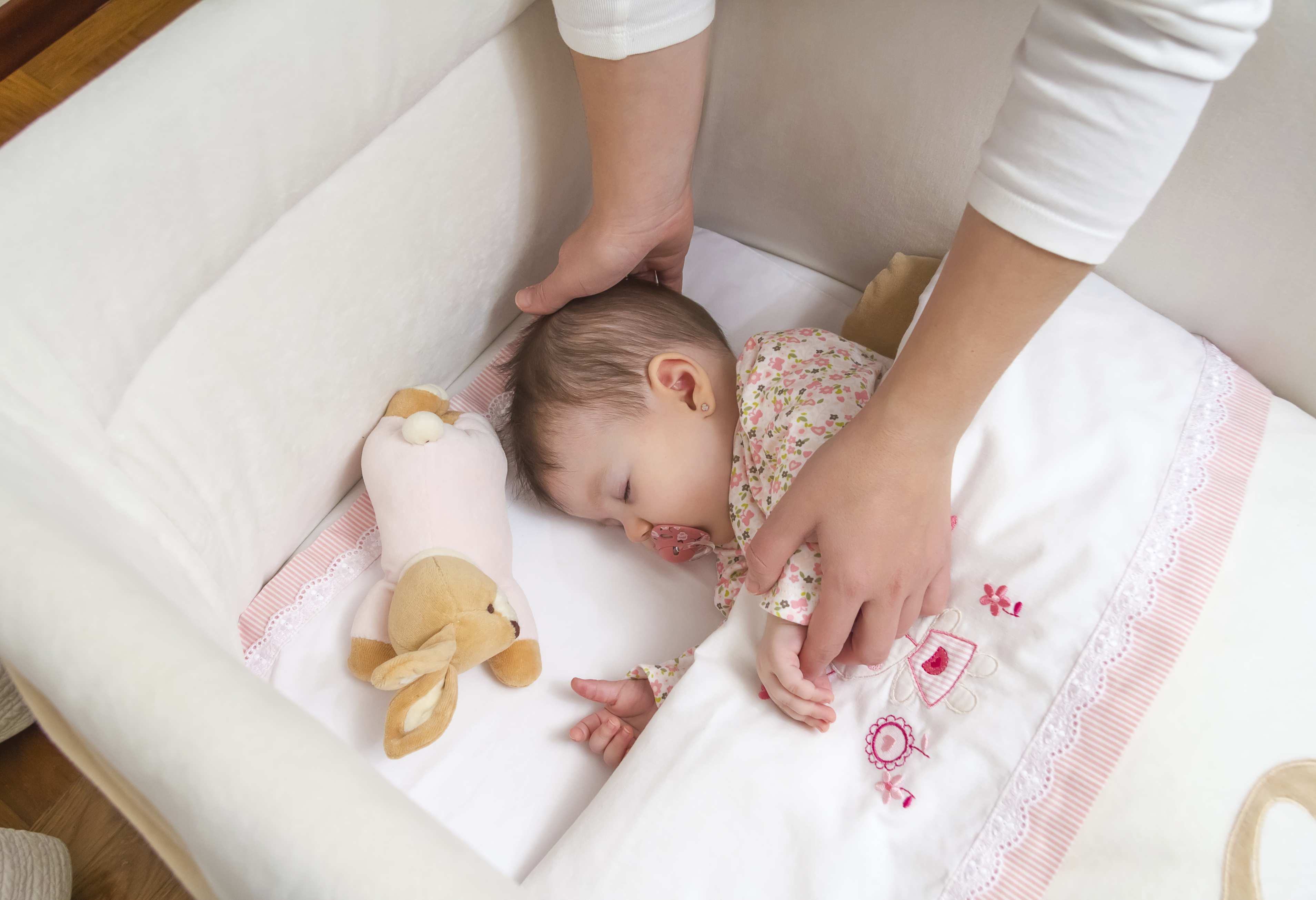Toddlerhood is a time of innocence, wonder, and growth for children and their parents. It also poses some unique and often frustrating challenges. The toddler years are a time of great cognitive, emotional and social development, so there is a lot of energy and enthusiasm – to put it mildly! The word “toddler” comes from the phrase “to toddle,” which means to walk unsteadily. However, you would never notice this from the amazing physical tricks they get up to and the precarious balancing acts they perform. In addition to walking unsteadily, many toddlers often think and act the same way. There’s a reason why they call this time “the terrible twos,” and three-year-olds seem to be wired to have only one mission in life – to drive their parents crazy!
It is true that this time in your toddler’s life is full of emotional outbursts, potty language and defiance, and fortunately, lots of loving sweetness and adorable innocence too. Toddlers’ emotions tend to be definitely on the extreme edges – there seems to be no middle ground. But think about it from the child’s perspective – they are finally “growing up” a bit and learning how to be more independent. You have been (sort of) in control of every moment of their lives for their first 2 or 3 years, and now they feel it’s time to push back and become more liberated.
There are a few challenges that you can expect – so be prepared for the possibility that your toddler will do the craziest things. Have a plan to respond, and take safety precautions. Try not to take it personally when your toddler is having a meltdown. They still love you, and they still need you almost as much as they did during infancy – you just need to be ready to outsmart them! Take the opportunity during these outbursts to talk with your child and to understand them better. Sometimes a problem in your relationship will be revealed which gives you both a chance to learn and grow. It may seem like a constant battle of wills but establishing some firm, fair, consistent guidelines can help you both – for the rest of the child’s life.
There’s not always clear black-and-white advice for how to raise toddlers, because every child is of course different. But we asked our Facebook community of Medela moms to offer their tips and insights on how to raise toddlers, to teach discipline and establish respectful behaviour while still enjoying a happy and harmonious home. Here is some of their advice on managing the wild and wonderful world of a toddler from our Facebook Community of Medela moms. You can check out the conversation here.
Choose Your Battles Wisely
There will be times when you children simply disobey you. They may mess up a (relatively) tidy home, and otherwise spread chaos and disorder. Choose your battles. Decide whether a specific argument is really all that important.
As Michelle says, “Go with the flow. Yesterday my toddler kept himself busy by tearing up a whole box of Kleenex, and last week he fed the dogs three days’ worth of dog food.” It’s all ok in the great scheme of things.
Nicole says that when her daughter refused to get dressed and wanted to go to the park in her pyjamas, instead of insisting that she couldn’t go to the park dressed that way, she just said, “I guess it doesn’t really matter if you wear pjs to the park. Let’s go have some fun!” Who really cares? Raising toddlers will teach you – again and again – not to sweat the small stuff.
Explain All the Facts – What, When, Where, How!
Toddlers need structure and a predictable routine. All toddlers become anxious when they can’t predict what’s coming next, but most energetic kids especially need events to be explained down to the last detail. When it’s time to leave the playground and your 2-year-old throws herself on the ground howling, it might be because she’s not sure what’s coming next. Toddlers need to get some advance notice and specific explanation for transition times and special events throughout the day – such as leaving the park, going down for a nap, going to grandma’s house, etc.
Heather suggests that when her daughter has a temper tantrum when being told that she has to stop playing, she says, “Okay, in 5 minutes we are going to stop playing. Then will get in the car, drive home, past the park, find your brother waiting for us at the house and have macaroni and cheese for dinner. I think grandma has made your favourite chocolate cake. Isn’t that exciting?” Be very specific about what is going to happen next – toddlers can be control freaks.
Be Clear, Fair and Consistent
Toddlers need the security and consistency of clear rules. Set time limits. If nap time is always after lunch and your 3-year-old puts up a fuss, be firm and confident as you enforce his rest period. If movies aren’t allowed after dinner but you let them watch “just this once”, trust me, they will remember and you will be having this conversation for weeks.
Michele says, “Know that your toddler is always pushing back on boundaries and testing you. If you allow a ‘rule to be broken,’ your toddler will remember forever and keep reminding you with amazing recall. They will say, “But that’s not fair mommy – last night you let me watch Frozen after dinner when you were on the phone with your friend.”
Take Action if Necessary
Sometimes when a toddler is throwing a tantrum, you just have to look the other way and ignore it – but in some situations (in a shop, on a plane, train or bus), you need to take action to stop the behaviour. One mom suggested that you say things like “It is not acceptable to…” or “I will not allow you to…” It’s best not to use bribery or threaten punishment or withdrawal of privileges. Love, trust, and respect are better motivators than fear. It’s hard to reason with a toddler – so you just have to outsmart them!
If all else fails, try giving them a big hug. Adrienne said the “hugging trick” always work for her. When her toddler is having a “moment,” she just stops everything she is doing and gets down on her knees and hugs her toddler until he stops wriggling and screaming. Just showing love seems to help calm things down.
What are your thoughts on this? Have you tried any of these “toddler tricks” to keep your child happy? Leave a comment and let us know, or join the discussion at our Medela Singapore Facebook page.




 KR
KR
















